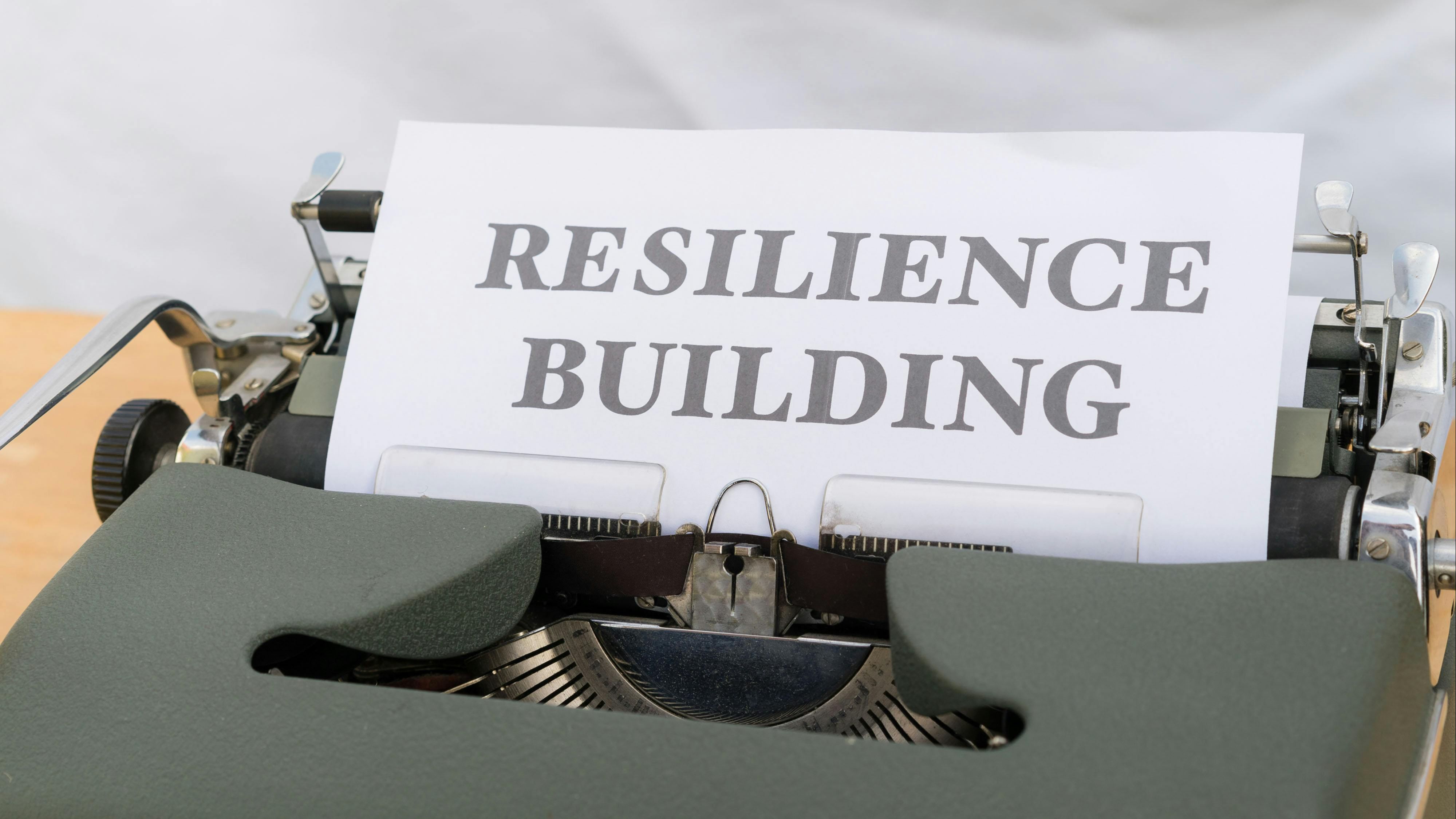Exploring Hardiness: A Key Factor in Building Resilience

In an era characterized by rapid change and uncertainty, resilience has become an essential trait for individuals and communities alike. A crucial component of resilience is hardiness, a personality trait that equips individuals to handle stress and adversity effectively. This blog delves into the concept of hardiness, examines whether it has diminished over time, and discusses initiatives like the Q-Life that aim to strengthen this vital characteristic.
Understanding Hardiness and Its Role in Resilience
Hardiness is a personality trait that helps individuals withstand stress and adversity, making it a critical component of resilience. The concept, introduced by Suzanne C. Kobasa in 1979, encompasses three core attitudes:
- Commitment: A deep engagement with life’s activities and an interest in the surrounding world.
- Control: The belief in one’s ability to influence events through personal effort.
- Challenge: Seeing change and challenges as opportunities for personal growth rather than threats.
Salvatore Maddi expanded on this, describing hardiness as the courage and motivation to turn potential crises into opportunities for growth. Research shows that hardiness helps buffer the negative effects of stress, thereby enhancing resilience, which is the ability to recover from or adapt to adversity.
Assessing Hardiness: Key Indicators
To gauge hardiness, we assess responses to specific statements on a scale from strongly agree to strongly disagree. Here are key indicators used to assess hardiness:
- Decision-Making in Tough Situations: I can make unpopular or difficult decisions.
- Recovery from Setbacks: I tend to take a long time to get over setbacks in life.
- Adaptability to Change: I am able to adapt to change.
- Focus Under Pressure: Under pressure, I lose focus and train of thought.
- Self-Perception of Strength: I think of myself as a strong person.
- Resilience to Failure: I am not easily discouraged by failure.
- Bouncing Back After Difficulties: I tend to bounce back after hard times.
These statements reflect an individual’s hardiness and their capacity to cope with and recover from challenges, a key aspect of resilience.
The Decline of Hardiness: Trends and Causes
There is a growing perception that hardiness has declined over the past few decades. Several factors contribute to this trend:
-
Modern Comforts and Technological Advancements: As life has become more convenient and comfortable, fewer people face the daily stressors that build hardiness. The decreased need for problem-solving and endurance has led to a reduction in opportunities to develop resilience.
-
Changing Social Norms: Society has shifted toward a preference for immediate gratification and avoidance of discomfort. This has reduced the patience and endurance necessary to build hardiness.
-
Increased Chronic Stress: Despite modern conveniences, the fast pace of life and increased pressures have led to chronic stress, which can erode hardiness instead of fostering resilience.
-
Reduced Physical Challenges: Modern lifestyles often involve less physical activity and fewer outdoor challenges, which traditionally played a role in building both physical and psychological hardiness.
Rebuilding Hardiness Through Initiatives Like the Q-Life
To address the decline in hardiness, initiatives like the Q-Life are designed to foster and rebuild this critical trait, thereby enhancing resilience. The Q-Life focuses on:
- Promoting Active Engagement: Encouraging participation in meaningful activities that foster a sense of commitment and purpose.
- Empowering Individuals: Providing tools and resources to help people take control of their lives and handle challenges effectively.
- Encouraging a Positive View of Change: Educating people to view change as an opportunity for growth rather than a threat, fostering a resilient mindset.
By integrating these principles, the Q-Life helps individuals cultivate hardiness, which in turn builds a more resilient population equipped to handle the complexities of modern life.
Conclusion
Hardiness is a fundamental component of resilience, enabling individuals to effectively cope with stress and adversity. While there is evidence of a decline in hardiness over recent decades, initiatives like the Q-Life offer hope for rebuilding this essential trait. By fostering commitment, control, and a positive approach to challenges, we can enhance resilience and prepare for whatever the future holds.
Stay connected with news and updates!
Join our mailing list to receive the latest news and updates from our team.
Don't worry, your information will not be shared.
